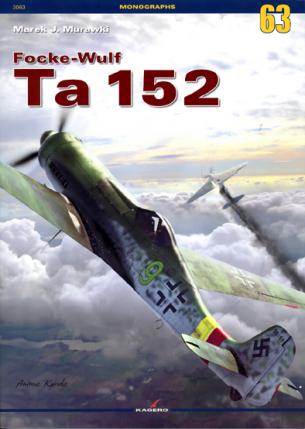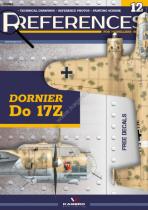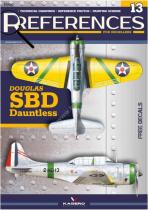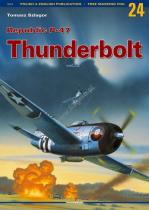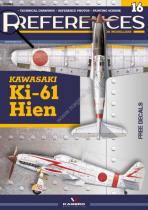The events of World War 2 proved beyond any doubt that the strategic bombing campaign greatly contributed to the Allies’ ultimate victory over Nazi Germany. British night bombing raids and daylight carpet bombing missions flown by the USAAF crews rained destruction on German cities killing thousands of civilians in the process. Amidst this massive loss of civilian life the destruction of German industrial targets seemed almost like a side note. The arms race that kicked off even before the war began produced military aircraft capable of reaching ever higher operational ceilings. At first thin air at high altitudes was the domain of reconnaissance machines, but before long fighter and bomber aircraft began to venture there as well. In those early days high-altitude flight was a challenging business: it required the use of pressurized cockpits and boosted powerplants capable of delivering adequate power at altitude.
